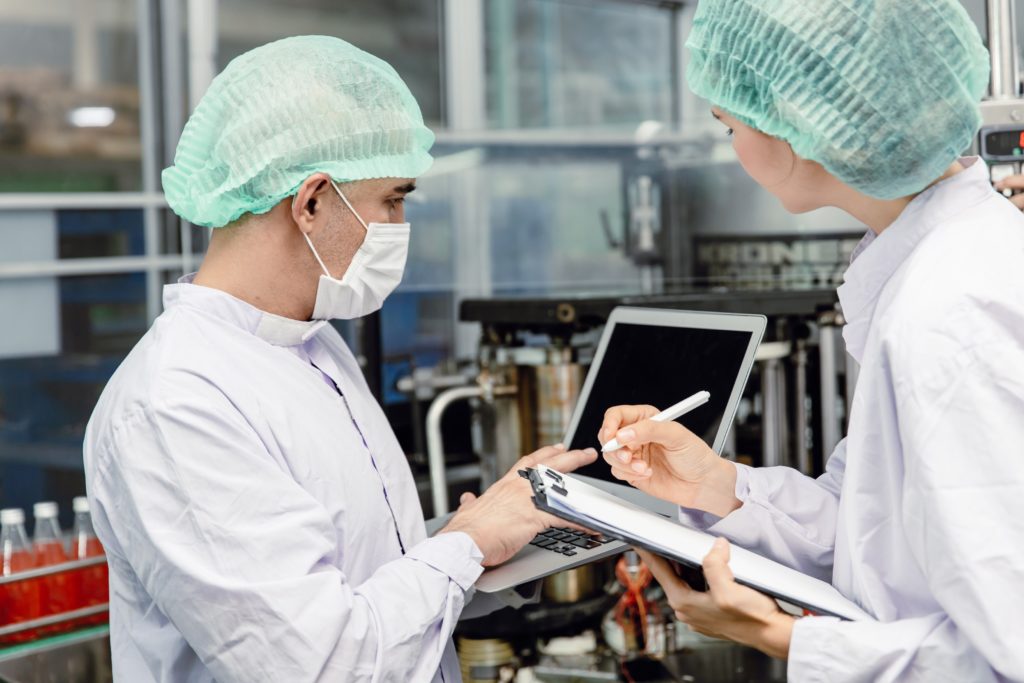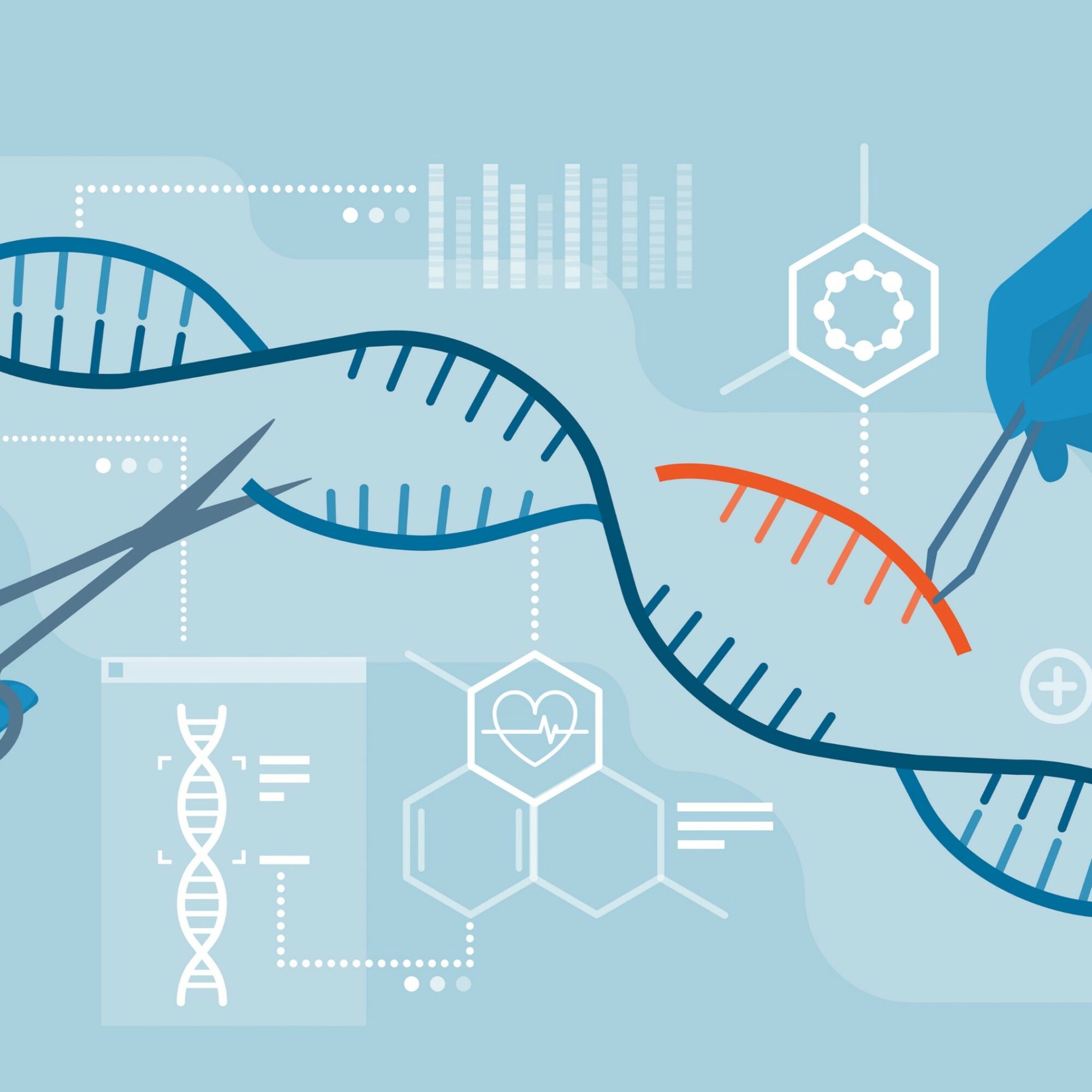A new tool in the pharmaceutical manufacturing box
The production of recombinant proteins in plants is often referred as molecular pharming or molecular farming.
The concept of plant-made pharmaceuticals was first introduced in the late 80’s. However, the first commercial drug Elelyso (taliglucerase alfa) was only launched and approved by the FDA in 2012. It was developed by Protalix, an Israeli company in collaboration with Pfizer, and aimed at treating the Gaucher disease, a rare genetic disorder.
The production of recombinant proteins in plants is often referred as molecular pharming or molecular farming. The corresponding landscape is characterized by various host species, platforms, and technologies. However, most of the plant-based pharmaceuticals can be divided into three categories: antibodies, human protein replacement and vaccines.
Just like various pharmaceuticals can be produced by plants, there are many potential platforms of production, like moss, whole plants, algae or cell culture.
Cell culture
Plant cell suspension cultures are made up of cells that are proliferating more quickly in a liquid media. Simple nutrients are needed for cultured plant cells to flourish. Because they frequently allow the accumulation of the recombinant protein in the culture medium, the purification and downstream process are simple. The poor yield of protein released, though, is a flaw in this approach.
Elelyso (taliglucerase alfa), the first medication available, was created by Protalix and Pfizer using a culture of carrot cells that are cultured in a liquid medium.
Moss culture
Recombinant proteins can also be made from photosynthetic species other than plants. Moss cells can grow in closed settings like bioreactors and are capable of photosynthesis. Additionally, the purification procedure can be simplified by secreting the recombinant protein into the medium. Therefore, growing interest is being given to it as a novel method of manufacturing biopharmaceutical proteins.
Currently, the biotech company Eleva has completed a phase I clinical study for its first therapeutic candidate, moss-aGal (agalsidase), which is intended to treat Fabry disease. Fabry is a rare genetic lysosomal storage disorder, which is brought on by a shortage of the enzyme a-galactosidase.
Transient expression in whole plants
The most common platform of production is Nicotiana Benthamiana using transient expression. Transient expression benefits from the advantage of the well-established Agrobacteria Tumefaciens to transfer a defined segment of DNA (T-DNA) to the plant nucleus. It is achieved by infiltration of suspensions of A. tumefaciens into leaf interstitial spaces. Furthermore, since the Agrobacterium strains are disarmed and only non-reproductive tissue is modified, the whole process of transient expression does not modify the genetic material of the plant’s germ line. Therefore, the whole process is considered safe for the environment.
Molecular pharming : a relevant alternative to enhance drug development
Typically, yeasts like Saccharomyces cerevisiae or the bacterium Escherichia coli (E. coli) are used to manufacture therapeutic proteins. Due to their quick development and high protein output, cells are frequently used in situations when the biotherapeutics require alterations that are not repeatable in bacteria. However, each of these methods normally needs pricey facilities in a sterile, tightly controlled environment. Thus, the plant-made pharmaceuticals are viable alternatives for their great benefits, which are for example:
Speed
In direct comparison, the development times in plants can be as low as 50% of the traditional means of production.
Transient expression systems allow the production of recombinant proteins within a few days. Therefore, this is particularly suitable for the production of emergency vaccines. Medicago, a Canadian biotech, was for instance able to produce their Covifenz vaccine against Covid-19 only 20 days after receiving the gene sequence. In direct comparison, the development times in plants can be as low as 50% of the traditional means of production.
Scalability
The ability to rapidly produce proteins in plants by transient expression provides a solution to both the cost implications and the development times. This is because large amounts of recombinant protein up to milligram quantities can be recovered from plants within a matter of days. Moreover, the system can be scaled up quickly.
Cost-effectiveness
Transient expression production has been assessed to be approximately 50% more cost-effective than traditional CHO harvesting.
Compared to CHO, most of the (upstream) plant-based pharmaceuticals production process can be carried out in production areas without additional security measures. Overall, transient expression production has been assessed to be approximately 50% more cost-effective than traditional CHO harvesting.
Safety
Since the Agrobacterium strains are disarmed and only non-reproductive tissue is modified, the whole process of transient expression does not modify the genetic material of the plant’s germ line. Therefore, the whole plant-made pharmaceuticals production process is considered safe for the environment. Furthermore, plant cell systems do not harbor any known human pathogens. Instead, the production is done in regulated greenhouses, which reinforces the biosecurity aspect of this technology.
Animal-free production
Plant systems allow the production of recombinant proteins without the use of any animal derived reagents. This can be important when producing therapeutics and vaccines for some religious communities, vegans, or people with animal allergies. In addition, it is advantageous to produce diagnostic proteins without contaminating animal proteins or endotoxins to avoid interference in tests with mammalian cells, tissues, or organs.
Due to the listed benefits, plant-based alternatives have been realized to be able to create biological therapeutics more cheaply and efficiently while resulting in even higher-quality products.
The production of plant derived pharmaceuticals offers a relevant alternative to conventional production platforms such as CHO. Plant-based pharmaceuticals have the potential to have a significant impact on the pharmaceutical industry, provided that they encourage adoption by demonstrating ongoing safety and efficacy. In addition, the world is diversifying its response to a future pandemic or health threat. Pharmaceuticals of this type are a valuable countermeasure in response to such a threat, especially for speed of development and scalability. Alcimed can support you in your projects related to molecular pharming. Don’t hesitate to contact our team!
About the author,
Anthelme, Consultant in the Alcimed’s Life Sciences team in Germany



